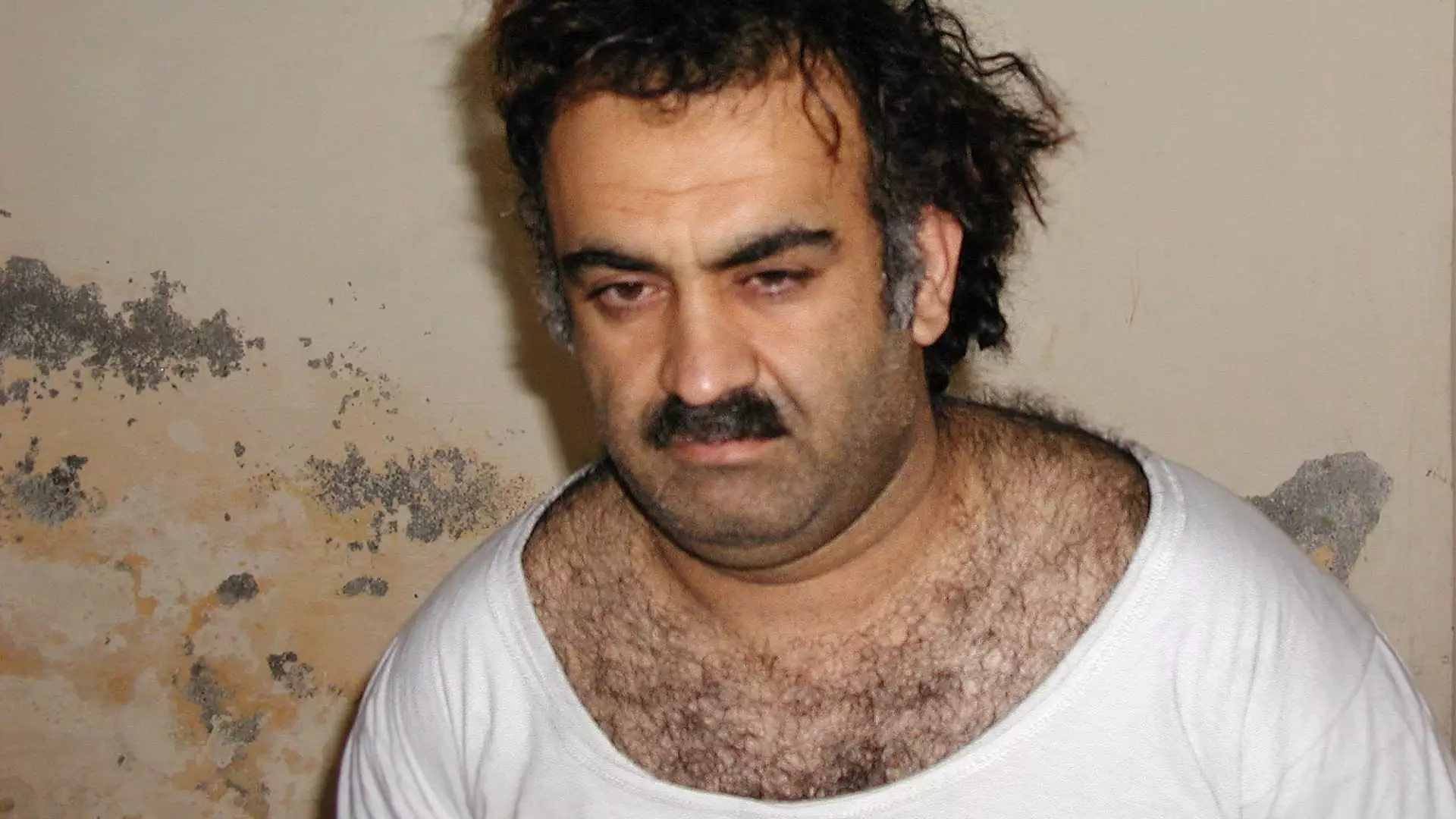In a significant yet controversial turn of events, Khalid Sheikh Mohammed, the alleged mastermind behind the September 11 attacks, along with two accomplices, has tentatively agreed to plead guilty within the military commissions framework at Guantanamo Bay. The announcement from the Pentagon indicates that, while the specifics of the plea deals remain undisclosed, the defendants may avoid death sentences by accepting guilt for various charges. This scenario raises crucial questions regarding justice, accountability, and the efficacy of the military commissions system after more than two decades of delays and legal wrangling surrounding these defendants.
The trials of those accused of orchestrating the 9/11 attacks have been mired in complications since their inception. Following the tragic events of September 11, 2001, which witnessed the horrific deaths of nearly 3,000 individuals, the U.S. government moved swiftly to capture and prosecute the suspects. However, the process has been hindered by extensive legal challenges, particularly relating to the treatment of the defendants prior to their charges. Numerous accusations of torture while in CIA custody have cast a shadow over the integrity of the evidence against them, sparking debates regarding human rights and the ethical obligations of the U.S. judicial system.
The families of 9/11 victims have endured a long and painful wait for justice. Rear Admiral Aaron Rugh, the chief prosecutor, has articulated the gravity of this situation in his communications with the families, emphasizing that the defendants’ potential guilty pleas serve not only as an admission of involvement in the attacks but also a complicated navigation of legal repercussions. The prospect of plea deals has provoked mixed emotions among victims’ families, some of whom may view a plea as a means to avoid the uncertainties of a drawn-out trial, while others lament that it may diminish the gravity of the defendants’ crimes.
The decision to process these cases through military commissions rather than conventional courts has drawn scrutiny and criticism from various quarters. Many legal experts argue that military commissions lack the transparency and rigor of civilian judicial proceedings. In the context of Khalid Sheikh Mohammed and his co-defendants, critics highlight that the commissions have often been perceived as an inadequate platform for delivering true justice due to procedural inconsistencies and a lack of clear legal standards.
As the upcoming plea hearings approach, they signal not just a pivotal moment in the long-sought justice regarding the 9/11 attacks, but also an opportunity for broader reflections on the intersection of legal rights, ethical considerations, and the pursuit of accountability in the face of international terrorism. Whether these agreements can foster a semblance of closure for victims’ families or further complicate the narrative of justice remains to be seen. The results of these pleas will undoubtedly shape the ongoing discourse surrounding how the United States confronts the legacy of 9/11, the treatment of detainees, and the enduring search for justice in a complex geopolitical landscape.


Leave a Reply